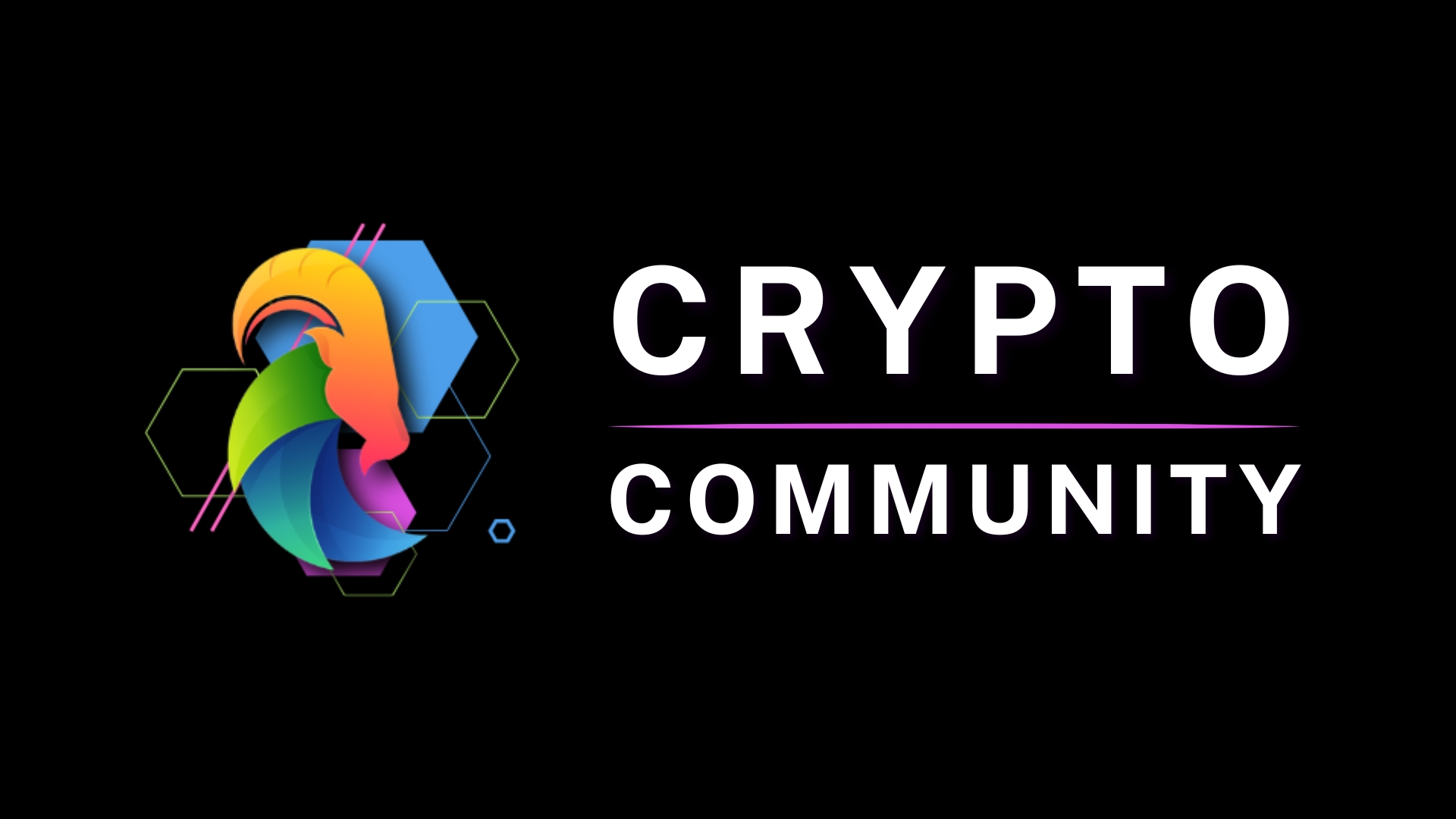Stablecoin Launches and DeFi Laws Pass that Will Shape Crypto’s Future
In recent weeks, the U.S. legislative landscape has been abuzz with significant developments in cryptocurrency regulation, particularly concerning decentralized finance (DeFi). The focal point of these discussions has been the Internal Revenue Service’s (IRS) DeFi broker rule, which has faced substantial opposition leading to legislative actions aimed at its repeal. This article delves into the intricacies of the DeFi broker rule, the legislative responses, and the broader implications for the cryptocurrency industry.
Understanding the IRS DeFi Broker Rule
The IRS DeFi broker rule, introduced during the final days of the previous administration, sought to expand the definition of “broker” to encompass decentralized finance platforms. This expansion would have mandated these platforms to report detailed transaction information, including gross proceeds and taxpayer identities, to the IRS. The primary objective was to enhance tax compliance within the rapidly growing DeFi sector.
However, the rule was met with criticism from various quarters. Industry stakeholders argued that the decentralized nature of DeFi platforms makes it challenging, if not impossible, for them to comply with such reporting requirements. Unlike traditional financial intermediaries, DeFi platforms often operate without centralized control, making the collection and reporting of user data a daunting task. Critics contended that enforcing this rule could stifle innovation and push DeFi activities offshore, away from U.S. regulatory oversight.
Legislative Actions: Senate and House Resolutions
In response to these concerns, both chambers of Congress took decisive action. On March 4, 2025, the U.S. Senate passed a joint resolution, S.J.Res.3, disapproving the DeFi broker reporting regulations finalized at the end of the previous administration. The resolution garnered significant bipartisan support, passing with a 70-27 vote.
Subsequently, on March 11, 2025, the House of Representatives voted 292-132 in favor of a companion resolution to repeal the IRS rule. This bipartisan majority underscored the widespread apprehension regarding the rule’s potential impact on the U.S. digital asset industry and innovation. Proponents of the repeal argued that the rule imposed unworkable and overly burdensome reporting requirements on DeFi platforms, potentially hindering their development and competitiveness.
Key Arguments For and Against the Rule
Proponents of the Rule:
- Enhancing Tax Compliance: Supporters believed that expanding reporting requirements to DeFi platforms would close tax loopholes and ensure that all cryptocurrency transactions are appropriately taxed.
- Leveling the Playing Field: By holding DeFi platforms to similar standards as traditional financial institutions, the rule aimed to create a fairer financial ecosystem.
Opponents of the Rule:
- Operational Challenges: Given their decentralized nature, many DeFi platforms lack the infrastructure to collect and report user information, making compliance practically unfeasible.
- Innovation Deterrence: Critics argued that stringent reporting requirements could stifle innovation, driving DeFi projects to relocate to more crypto-friendly jurisdictions.
- Privacy Concerns: There were apprehensions that the rule could infringe on user privacy, as DeFi platforms would be compelled to collect sensitive personal information – Stats provided by CoinDesk
The Path Forward: Presidential Approval
With both the Senate and the House passing the resolutions to repeal the IRS DeFi broker rule, the final step is obtaining the President’s signature. The current administration has signaled support for the repeal, aligning with its broader pro-crypto stance. President Donald Trump, once a crypto skeptic, has recently taken significant steps to bolster the cryptocurrency industry, including establishing a strategic bitcoin reserve.
The administration’s support for the repeal reflects a shift towards fostering innovation in the digital asset space while balancing regulatory oversight. By removing onerous reporting requirements, the U.S. aims to position itself as a leader in the burgeoning field of decentralized finance.
Implications for the Cryptocurrency Industry
The repeal of the IRS DeFi broker rule carries several implications for the cryptocurrency industry:
- Regulatory Clarity: Removing ambiguous or impractical regulations provides clearer guidelines for DeFi platforms, encouraging compliance and fostering growth.
- Market Confidence: A supportive regulatory environment can boost investor confidence, potentially attracting more participants to the DeFi ecosystem.
- Global Competitiveness: By adopting a balanced regulatory approach, the U.S. can enhance its competitiveness, preventing the migration of innovative projects to other countries.
Major Legislative Developments
Several legislative proposals have gained momentum, notably the Financial Innovation and Technology for the 21st Century Act (FIT21) and the GENIUS Act.
The FIT21 Act, recently passed by the U.S. House of Representatives, clarifies regulatory responsibilities between the Commodity Futures Trading Commission (CFTC) and the Securities and Exchange Commission (SEC). Under FIT21, decentralized cryptocurrencies fall under CFTC oversight, whereas the SEC will regulate centralized digital assets. Crucially, stablecoins are mostly exempted from oversight, except in fraud-related cases, giving stablecoin issuers significant operational flexibility.
Meanwhile, the GENIUS Act, currently debated in the Senate, seeks comprehensive oversight of stablecoin issuers to protect consumers and ensure financial stability. Recent amendments introduced by Senators Warren, Kim, and Reed focus on preventing national security risks from foreign-issued stablecoins, particularly targeting widely-used tokens like Tether (USDT).
Short-Term Market Impact
In the immediate future, the crypto market might experience volatility as investors respond to legislative news. Coins like USDT, USDC, XRP, SOL, and ADA could see price fluctuations depending on investor sentiment toward regulatory clarity or uncertainty. For instance, Ripple’s recent approval to launch RLUSD, a regulated stablecoin, has provided short-term gains and improved investor confidence in XRP.
Long-Term Market Implications
In the long term, the passage of these bills will likely bring increased institutional investment, thanks to clearer regulatory frameworks. Stablecoins might become integral to global financial systems, enhancing liquidity and market stability. Altcoins with clear regulatory standings could attract mainstream adoption, benefiting from institutional support and increased retail investor trust.
Coins that may particularly benefit long-term include stablecoins (USDC, USDT) and well-established altcoins with strong compliance records like XRP and Solana (SOL). Conversely, projects lacking clear regulatory positioning may face prolonged uncertainty.
Conclusion
The legislative efforts to repeal the IRS DeFi broker rule underscore the importance of crafting regulations that consider the unique characteristics of emerging technologies. As the cryptocurrency landscape evolves, policymakers face the challenge of balancing oversight with innovation. The recent developments signal a willingness to adapt and create an environment where decentralized finance can thrive without compromising regulatory objectives.

[mwai_chatbot id="default"]



